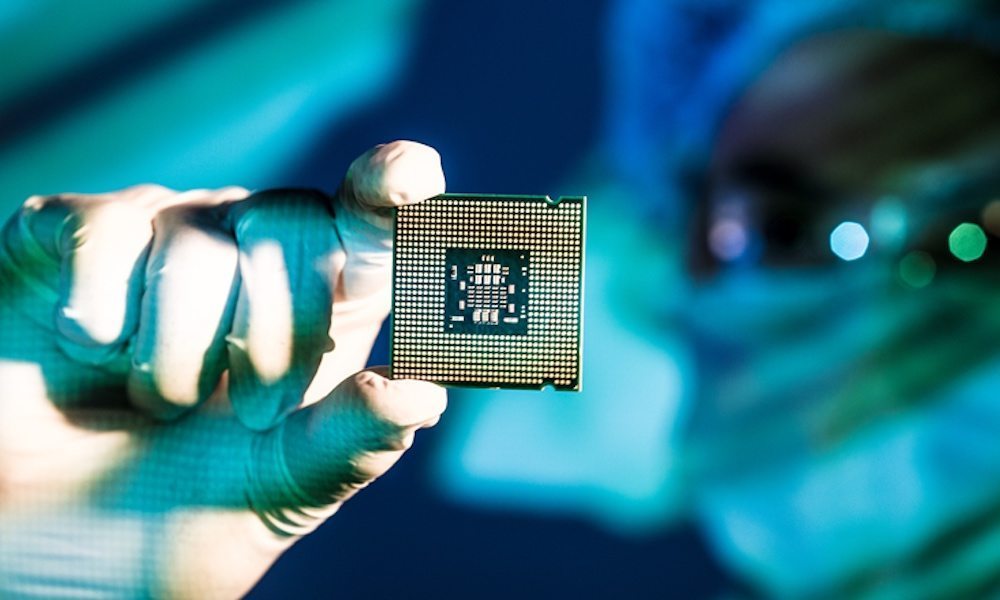Apple’s Working to Become the Next Chipmaking Superpower
 Credit: Shutterstock
Credit: Shutterstock
Toggle Dark Mode
Apple is already a titan in the consumer tech world, with a global reach and a wide range of extremely popular devices and services. But it seems that Apple isn’t ready to stop there, as a recent report suggests that the company also wants to become a semiconductor superpower.
The Cupertino tech giant is reportedly expanding efforts to develop proprietary semiconductors, including Mac processors, iPhone modems and a chipset for integrating touch, fingerprint and display drivers, according to supply chain sources cited by Nikkei.
In other words, Apple wants to compete directly with Qualcomm, Intel and other chipmaking firms. Not that industry sources couldn’t have seen it coming. Apple has increasingly expanded into chipmaking, mostly as a way to reduce its reliance on third-party supply sources. Its dropping of Imagination Technologies as a GPU supplier is just one recent example. Apple is also rumored to drop Dialog Semiconductor in order to produce its own power management chips by 2019.
Indeed, the theory that Apple is exploring producing its own iPhone modems is bolstered by the company’s long-standing legal battle with Qualcomm, and the fact that it recently poached a modem engineer from the San Diego-based chipmaker. The company currently sources baseband modem chips — required for iPhone cellular connectivity — from both Qualcomm and Intel.
But it’s not just the modem business that Apple is after. The company is also rumored to be looking into designing its own CPUs for its MacBook lineup via licensed architecture and technology from British-based ARM Holdings. That would bring the company into direct competition with Intel. According to Nikkei, by designing its own chips, Apple wants to “control next-generation display technology and some related key components.”
Apple isn’t exactly new to the chipmaking business, either. It’s long been designing its own core processors for iPhones and iPads. Cupertino has also pioneered fingerprint-reading chips, as well as a unique chip for AirPods. Just recently, Apple unveiled its A11 Bionic with an advanced built-in neural interface for facial recognition.
Apple took part in a consortium that bought the NAND memory chip unit of Toshiba for $17.7 billion, CNBC reported. That’ll likely turn out to be another key sign that Apple is ready to reduce its reliance on third-party chip sources for critical components.
“By designing its own chips, Apple can better differentiate itself from others. Further, depending too much on other chip suppliers in the age of artificial intelligence will deter its development,” said Mark Li, an analyst at Sanford C. Bernstein. Of course, Apple-designed modems and processors are still a few years off. Li said that it’s “unlikely” that Apple will be ready to unveil any new proprietary chip designs — specifically, an in-house modem — within the next two years.
[The information provided in this article has NOT been confirmed by Apple and may be speculation. Provided details may not be factual. Take all rumors, tech or otherwise, with a grain of salt.]






